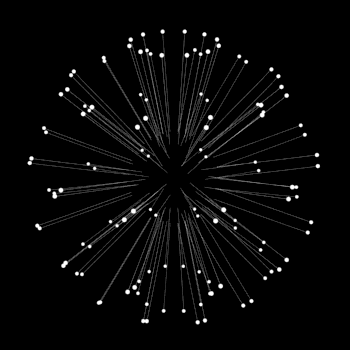What is #f(x) = int e^(2x)-e^x+x dx# if #f(4 ) = 0 #?
1 Answer
May 20, 2018
Explanation:
Let's split this into:
The two rules of integrating for this are:
This gives us:
Though we need

